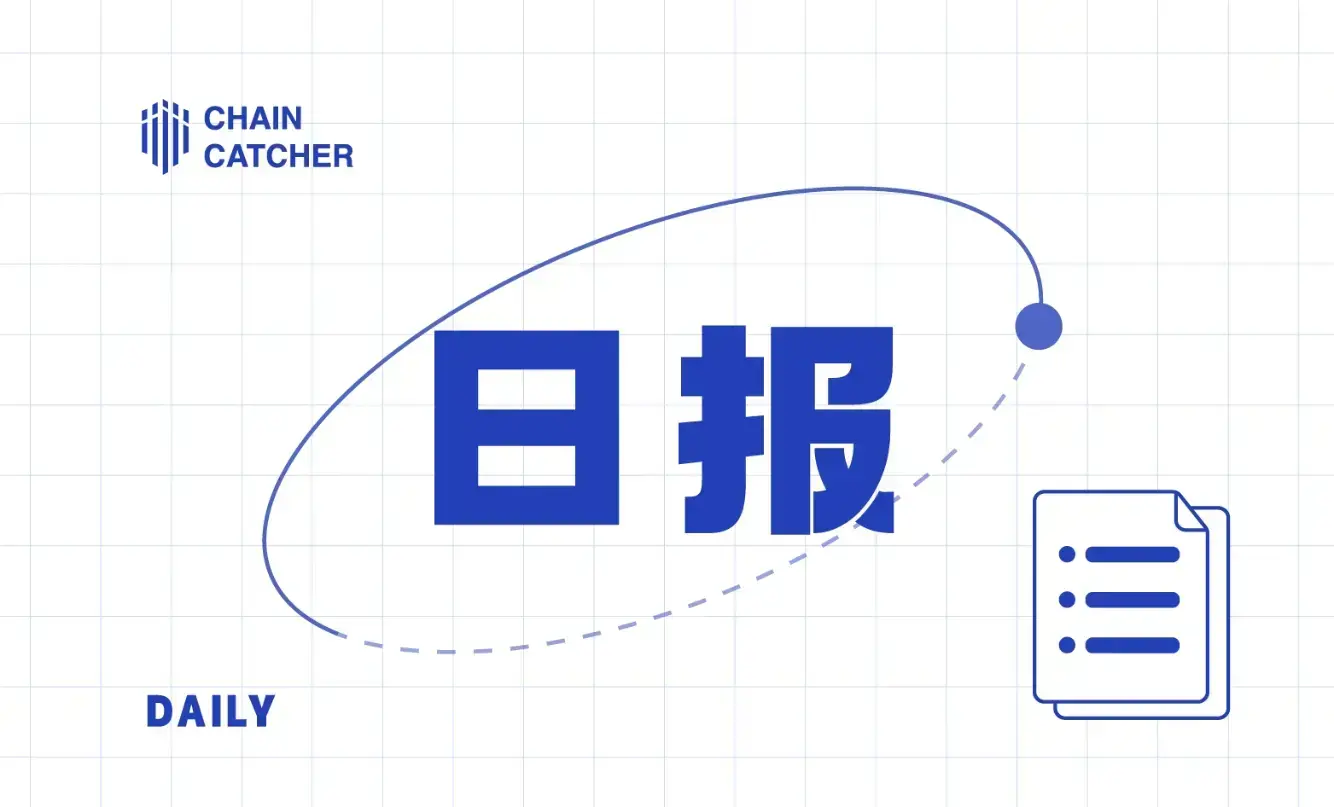The AMM track welcomes new players again. How does Catalog developed by Ren Labs change the cross-chain trading experience?
Author: Gu Yu, Biscuit
The AMM track welcomes a new heavyweight player again, with Catalog developed by Ren Labs recently announcing the completion of a $7.5 million seed round financing at a valuation of $75 million, with participation from well-known venture capital firms such as Amber Group, Multicoin Capital, and Alameda Research.
Ren Labs is the developer of the established DeFi project REN, with products including the cross-chain bridge RenVM and the BTC-pegged token renBTC. Previously, in February 2021, the Ren development team announced its joining of Alameda Research, and Ren Labs was established in October 2021 by the core Ren development team, focusing on the next phase of Ren.
Catalog is the first product developed by Ren Labs, primarily aimed at cross-chain trading scenarios. Through an infinite liquidity mechanism, it allows liquidity providers from different blockchains to pool their assets into a shared pool, enabling users from these blockchains to trade various assets without considering the blockchain and other moving parts.
In the fiercely competitive AMM track, Catalog's main features are cross-chain trading and user-friendly experience. By securely connecting assets and existing liquidity across blockchains in a single user-friendly application, it provides trustless and permissionless interoperability between chains. Its design aims to strip the user experience down to simple components, abstracting the "extreme complexity of the backend," eliminating the confusion of multi-chain user experiences, thereby promoting further development of DeFi.
Specifically, Catalog achieves the infinite liquidity mechanism by integrating external liquidity, which not only allows native asset pools (e.g., BTC to SOL) but also utilizes liquidity from third-party DEXs, regardless of which chain they exist on. Ultimately, this means that Ren will be able to support more projects without any liquidity constraints.
At the same time, the project attempts to mitigate users' impermanent loss through unilateral staking, where users deposit assets, which are then managed by market makers to earn interest from their deposited assets.
Additionally, Catalog has stated various features to optimize user experience, including zero gas fees and low transaction fees; direct bank account connections for easy deposits and withdrawals; sending assets to other users simply by entering their usernames; and earning passive income on cryptocurrencies held in Catalog accounts without needing to stake or add funds to liquidity pools.
According to a blog post from the end of February blog, Catalog also utilizes KeeperDAO's coordination protocol for cross-chain settlement and order execution, ensuring that Catalog not only has complete anti-MEV capabilities but also helps users benefit from efficient order execution, price improvements, and earning MEV-based income from the protocol and its liquidity providers.
Notably, the official designation of Catalog as the first application developed by Ren Labs and built on the Ren blockchain (L0) reflects Ren Labs' larger vision that any type of application can be built and deployed directly on RenVM in the future.
Ren Labs stated that with the support and funding from Alameda, it will build new exciting applications. These applications will be independent of RenVM (with their own economics, governance, development cycles, and possibly communities), but they will be built on top of RenVM and/or utilize its cross-chain assets.
Ren Labs also mentioned that by designing alongside Catalog, it can allow the team to test various hypotheses and ensure that once Ren L0 goes into production, all participants have valuable incentives.
As a return to the Ren ecosystem, Catalog recently announced a distribution of 50 million CAT tokens as rewards to historical users of Ren. Everyone who used RenBridge before March 1 will be eligible for equal rewards, while those who helped power the network will receive variable rewards based on the number and duration of the nodes they operated.
Currently, Catalog has opened a waitlist application on its official website for users to gain access to the testnet, with over 140,000 applicants so far, indicating high market interest.
According to reports, the project team plans to officially launch Catalog in April and release the complete Ren Chain in the "third or fourth quarter," which may bring new vitality to the struggling DeFi market, and its performance is also worth looking forward to.










